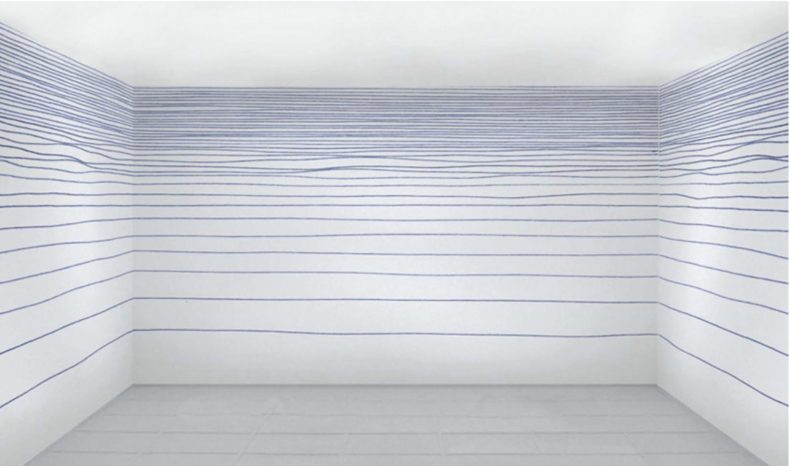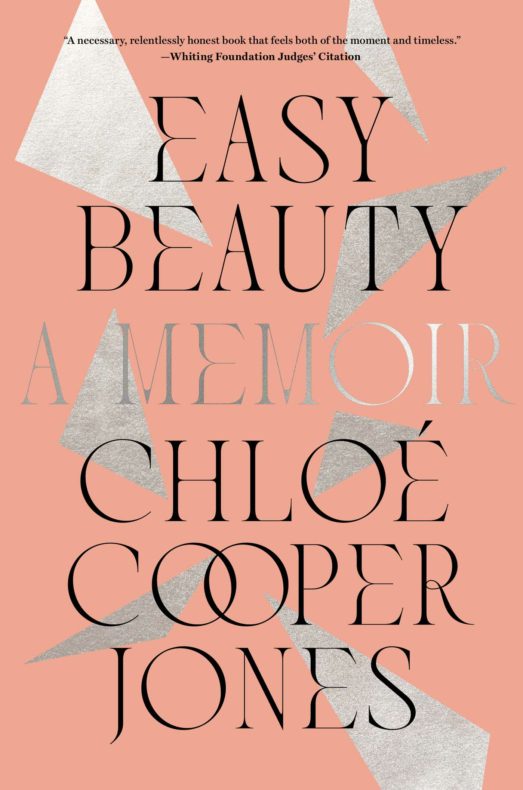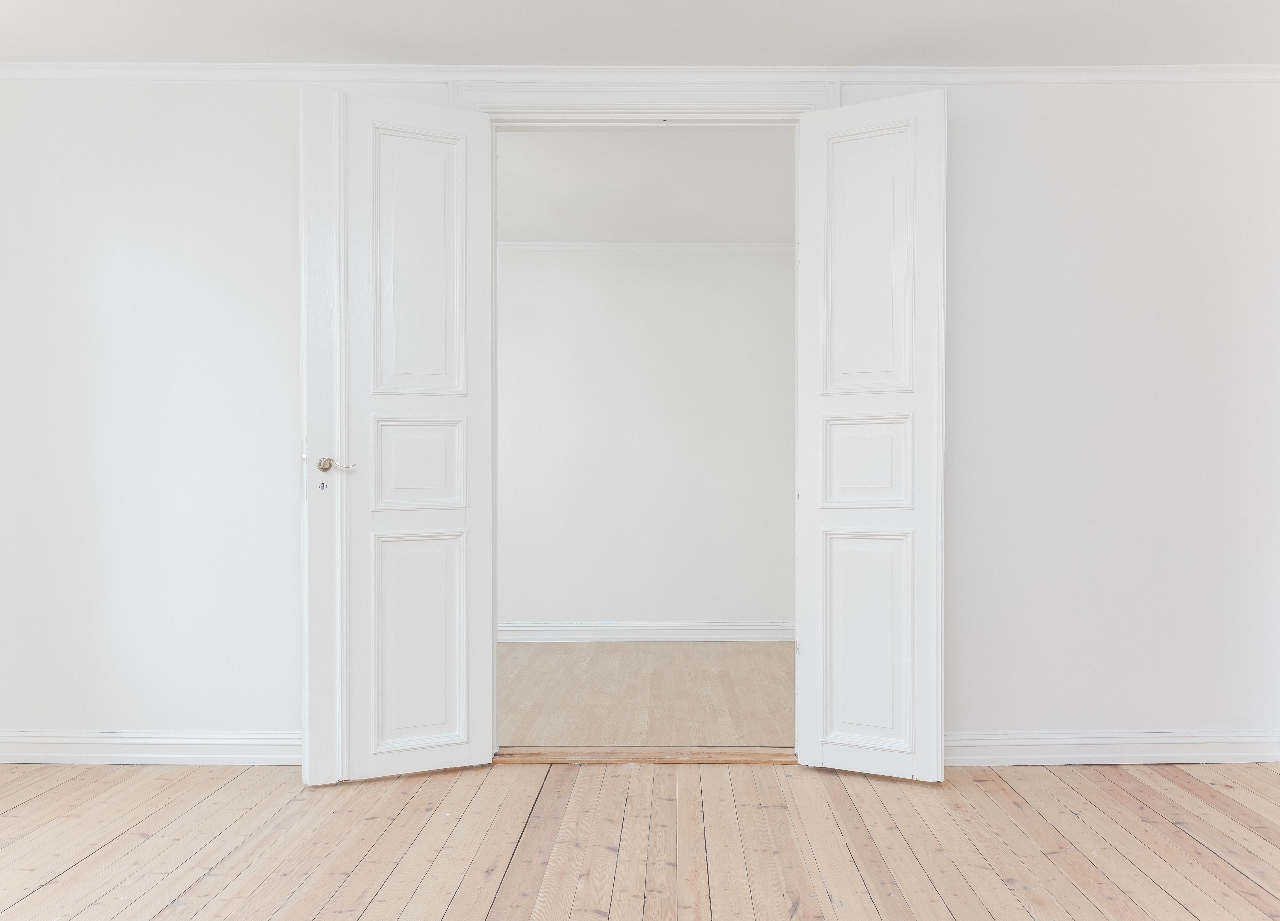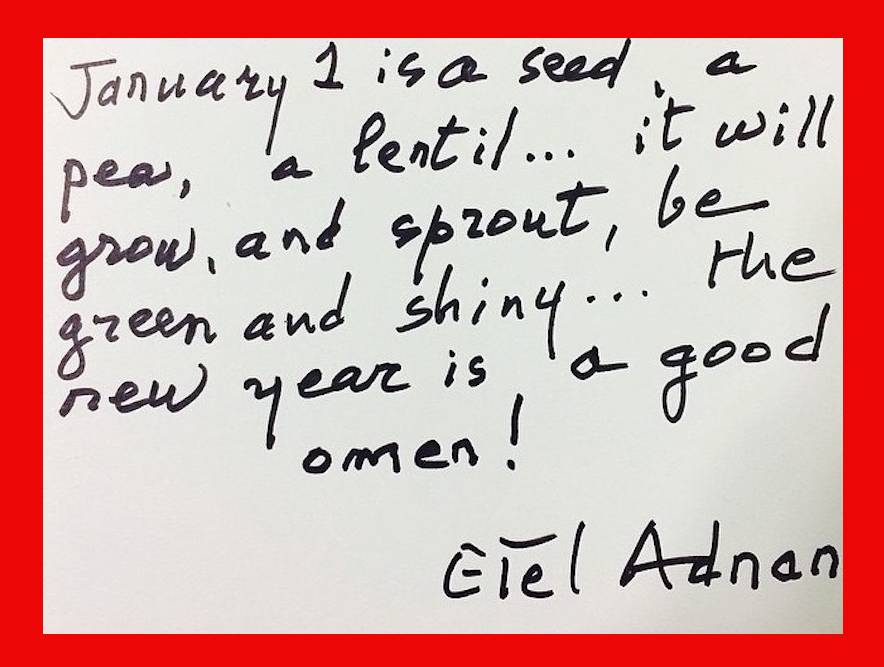We found many compelling ideas in Tressie McMillan Cottom’s New York Times interview with Chloe Cooper Jones about her new book Easy Beauty and the disconnect between “our real self and the way that self is perceived”, between the internal self and external self that is our bodies. We’ve been experimenting with a remarkable technique she uses to manage the pain disorder she lives with daily, a byproduct of her disability. She’s found it also serves as a space in which much of her creative work happens, and one that allows her to separate from the expectations and perceptions of others. What she calls ‘the neutral room” provides unexpected “agency and peace and power”.

So I spend all my time sort of dealing with pain management. At a very young age, a doctor told me a coping mechanism for pain management, which I learned later that a lot of long distance athletes do a version of this. So that is really interesting to me.
But the doctor told me you can go to these sort of places in your mind where you’re separate from the anticipation of pain. I think that a really important aspect of this, is this doctor was like, the pain in the mind is often anticipating pain. And so if you go to this place in your mind that’s separate, kind of dissociates you from reality and you don’t let anybody into this room, and there’s nothing in this room, and you’re staring at a singular space.
For me, it’s just a windowless room with white walls. And he said, just count to eight and focus on that eight count. So when I’m doing that, I’m not thinking about how long my subway ride is going to last, how long is the walk back to my apartment, how much else do I have to do that day, and I’m not worried about that anticipatory pain, but instead, I’m just sort of separated within myself.
And this is a space that I call the neutral room in the book. And that is a really powerful coping mechanism for me, and one of great agency and peace and power, actually. And then, it also becomes this place in which my thinking gets done or my writing gets done, or the space that sort of allows me to feel separate from the expectations of other people or their perceptions. So on one hand, it’s really a powerful space, but on the other hand, it can also be a space in which I can retreat from social pain or obligation or things that I really need to engage in, but that would make me feel vulnerable or uncomfortable.
And a lot of the book is me trying to grapple with that threshold so that I’m not using that coping mechanism as a way of absenting myself from situations that I need to bear some vulnerability or responsibility for.
Of course, the room we create in our minds could take many forms…

What do you have in mind?
(Read or listen to the full interview here.)

Related Posts




